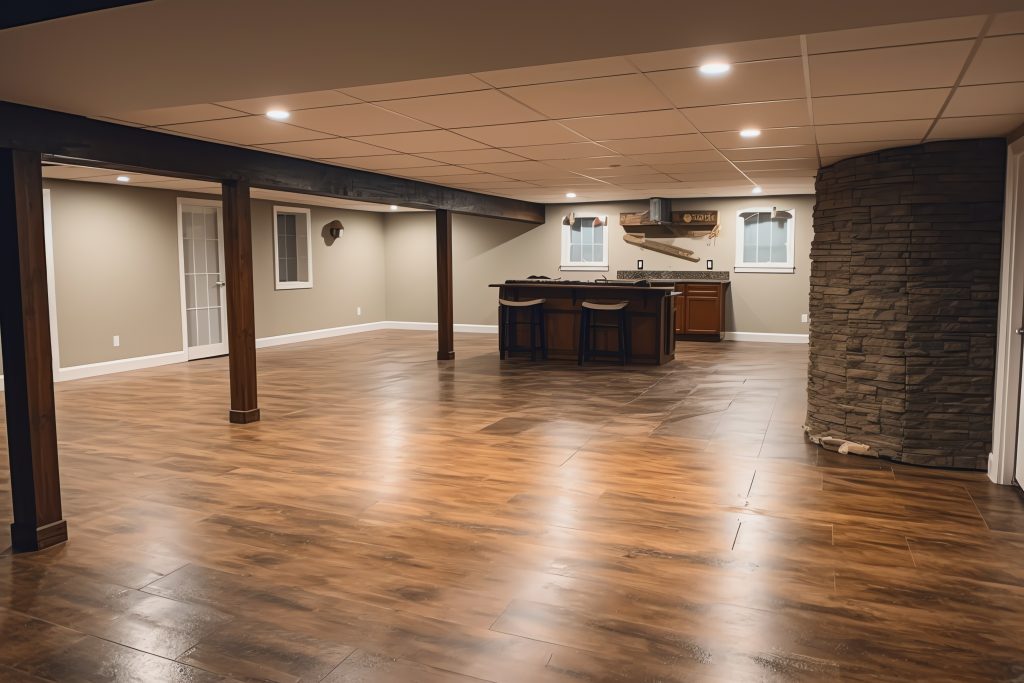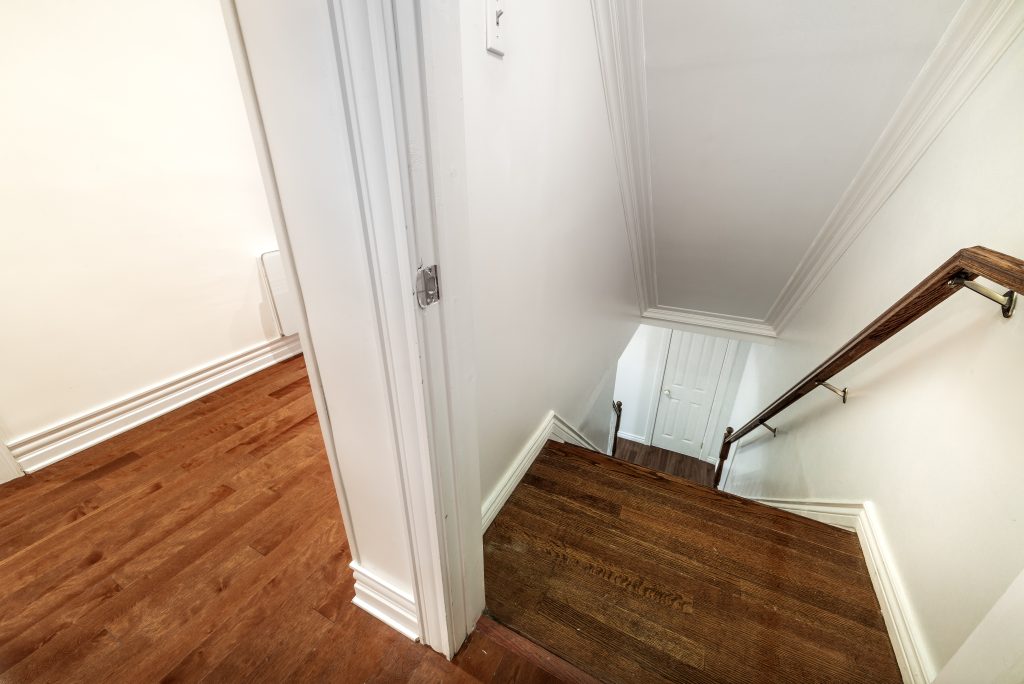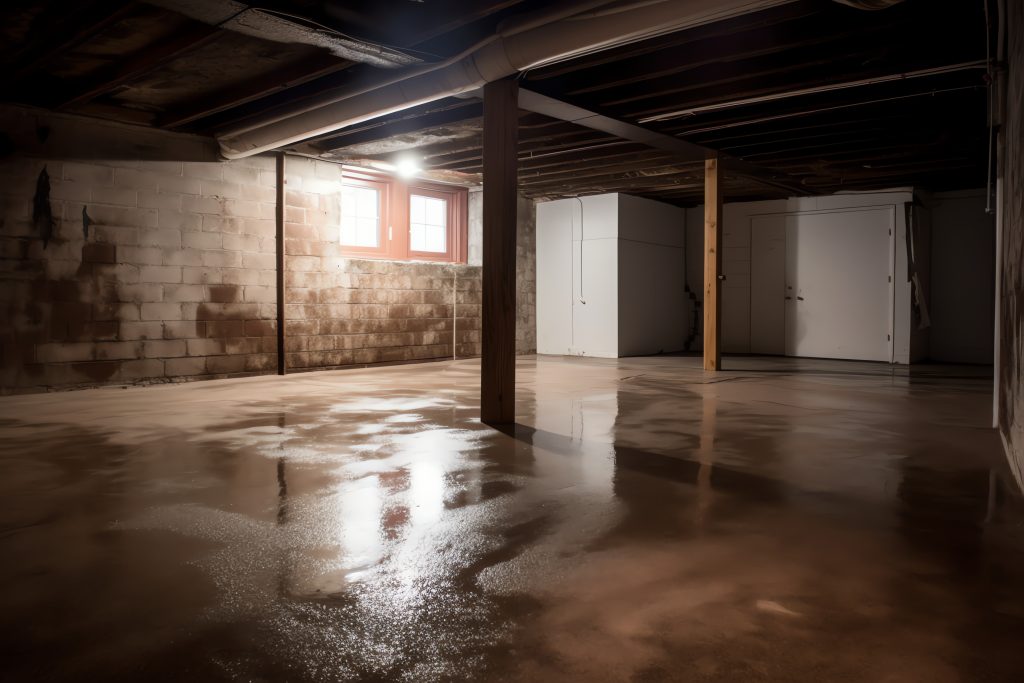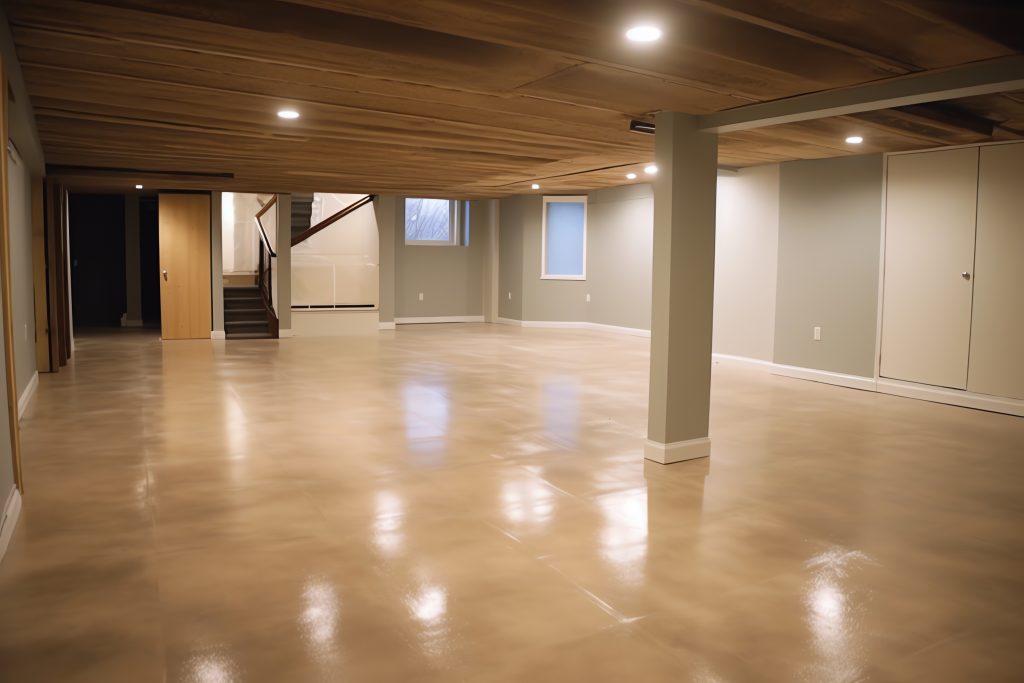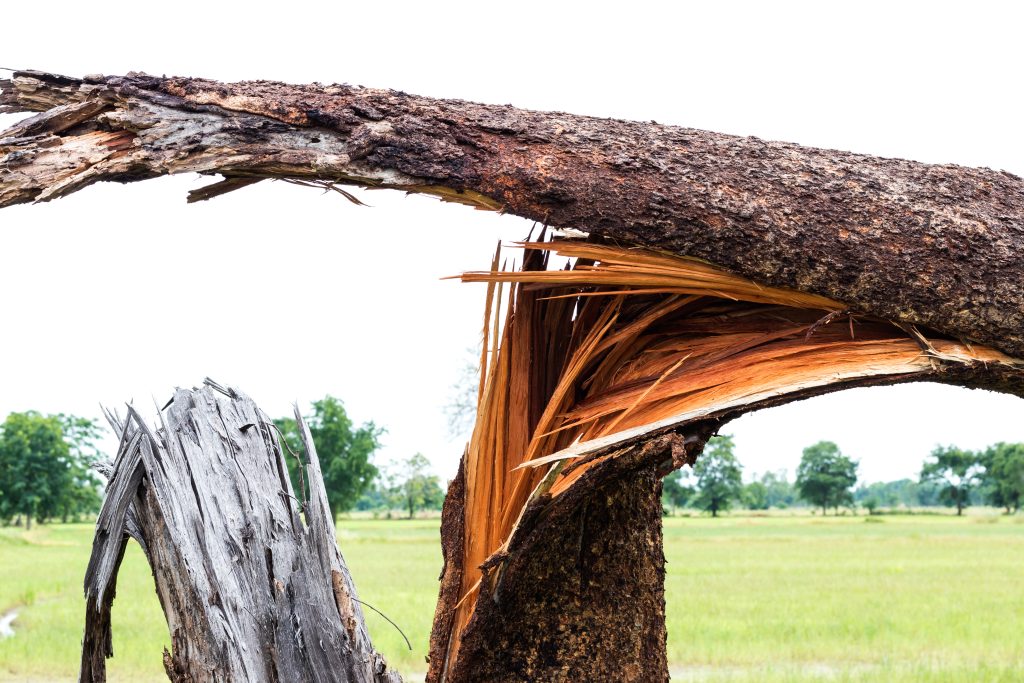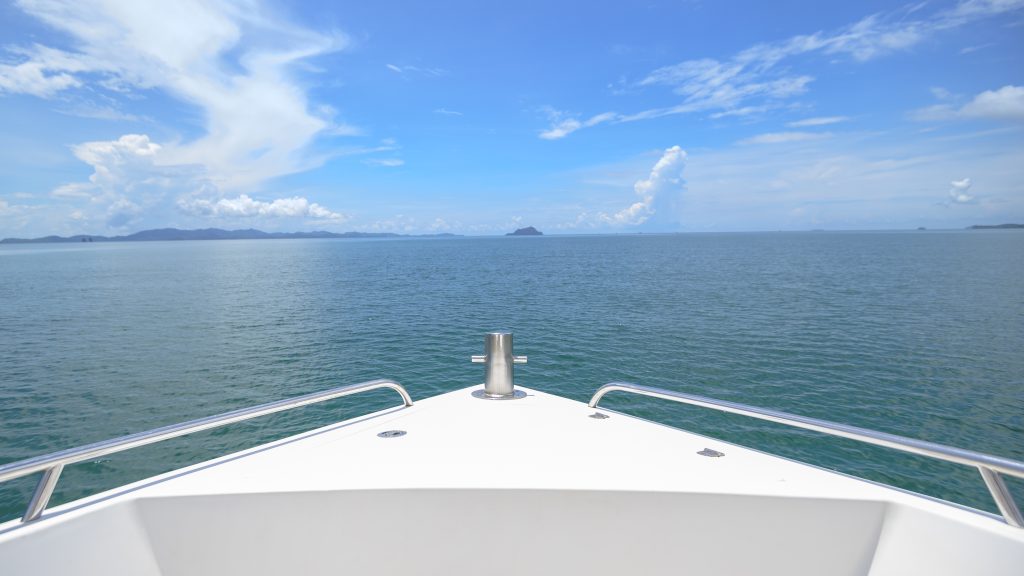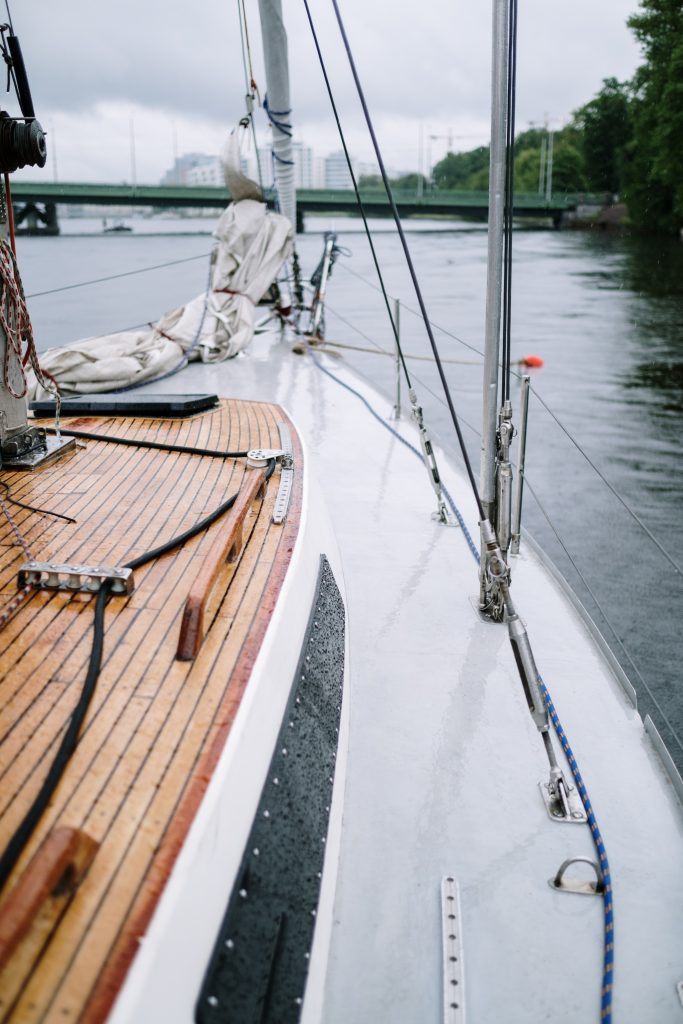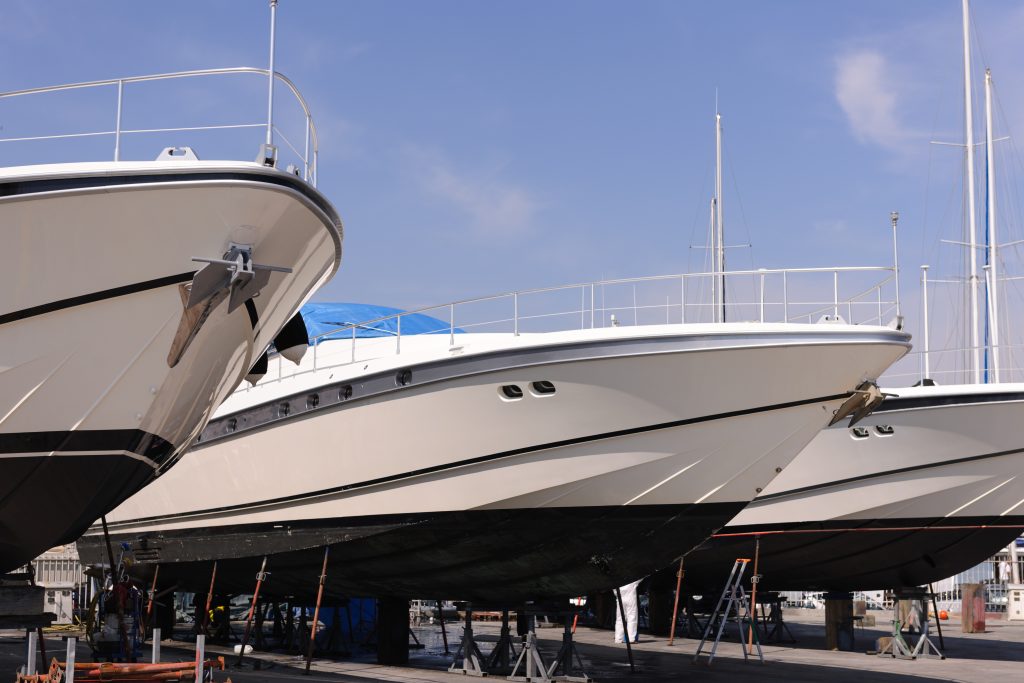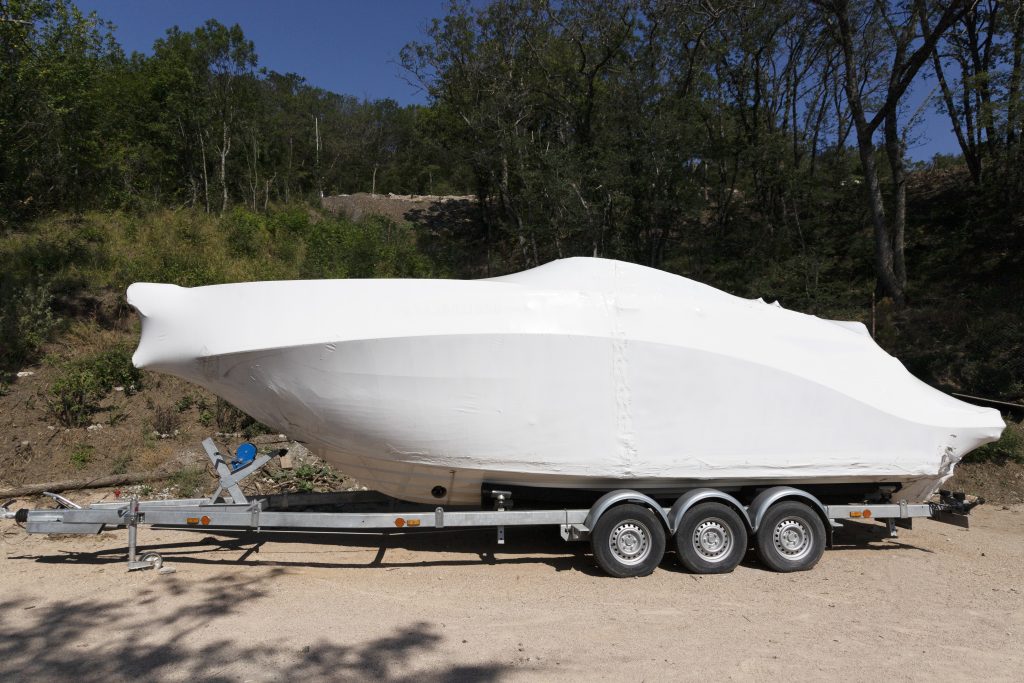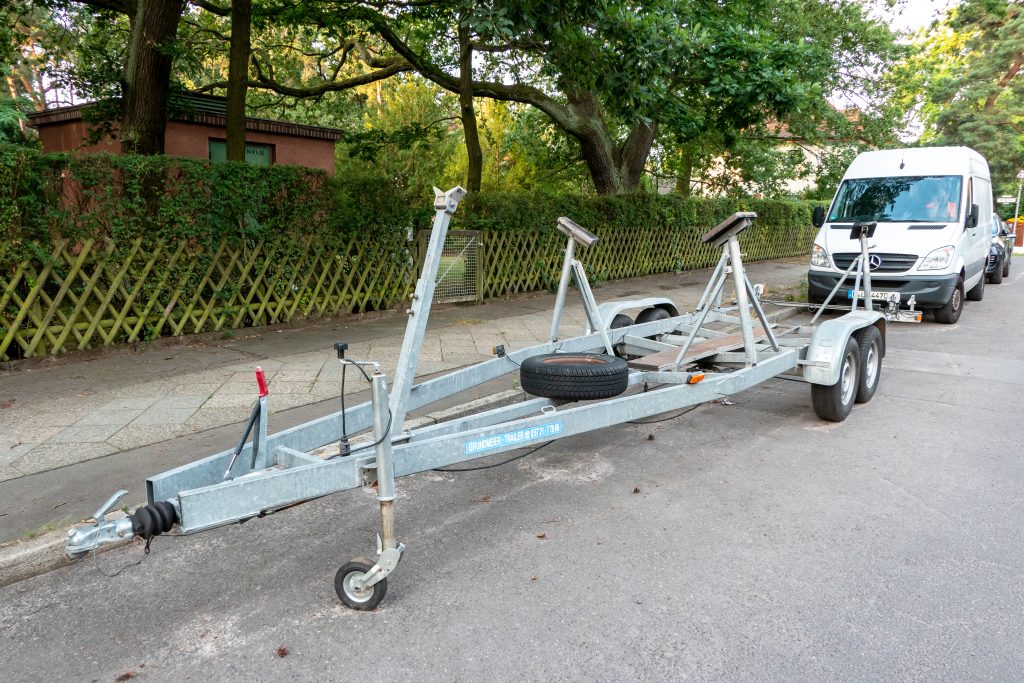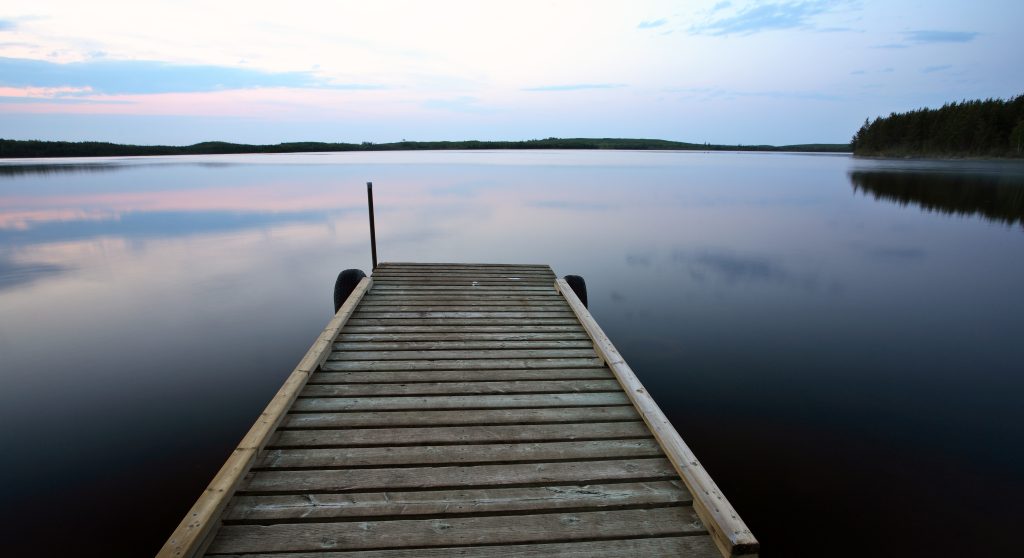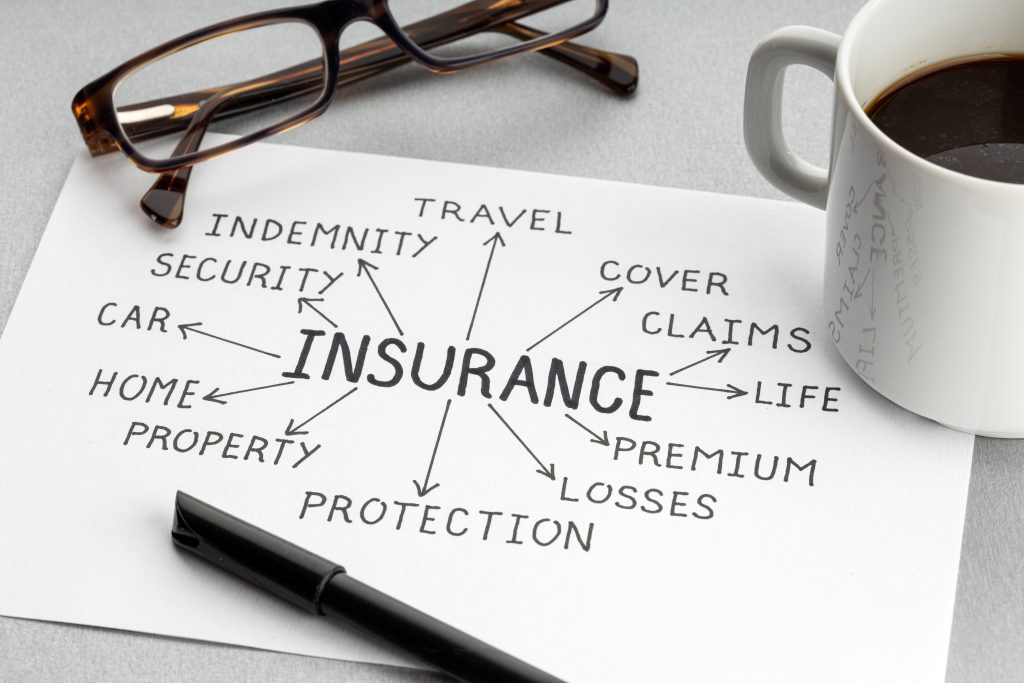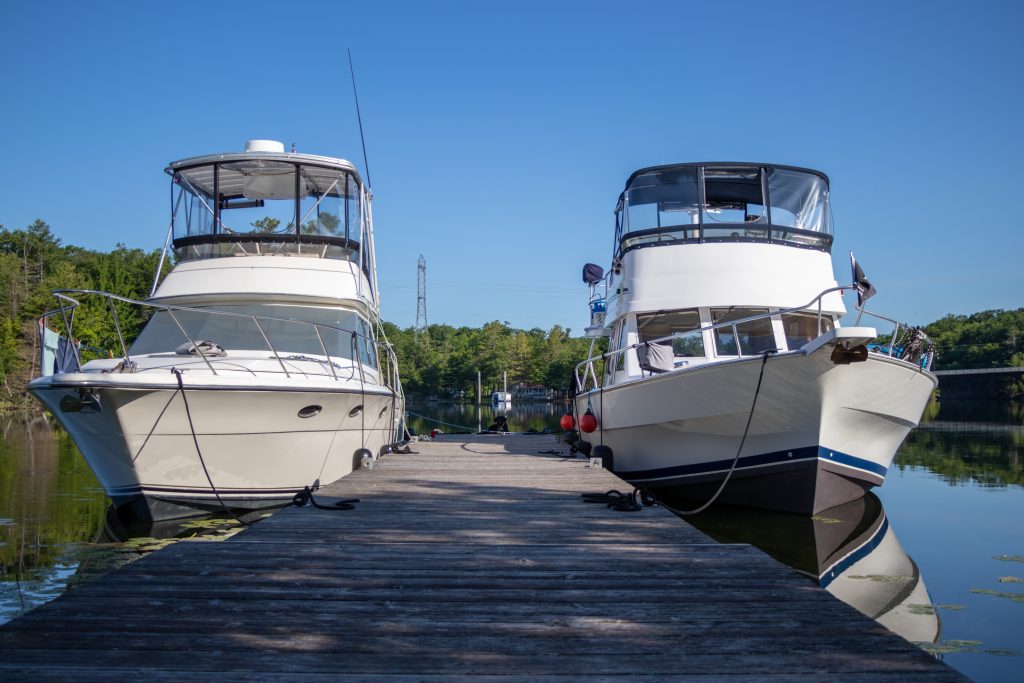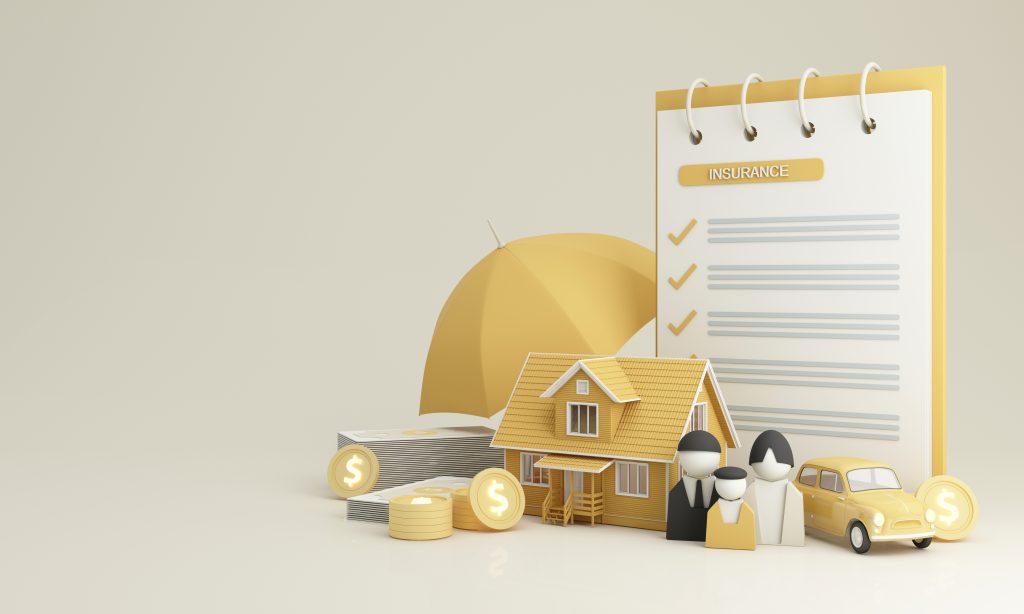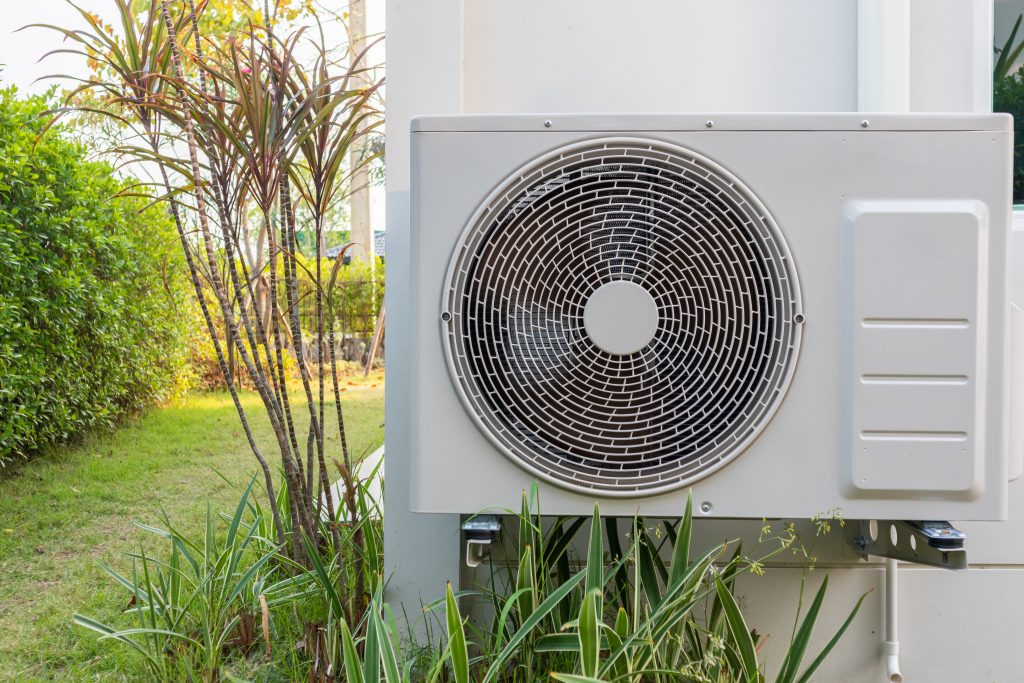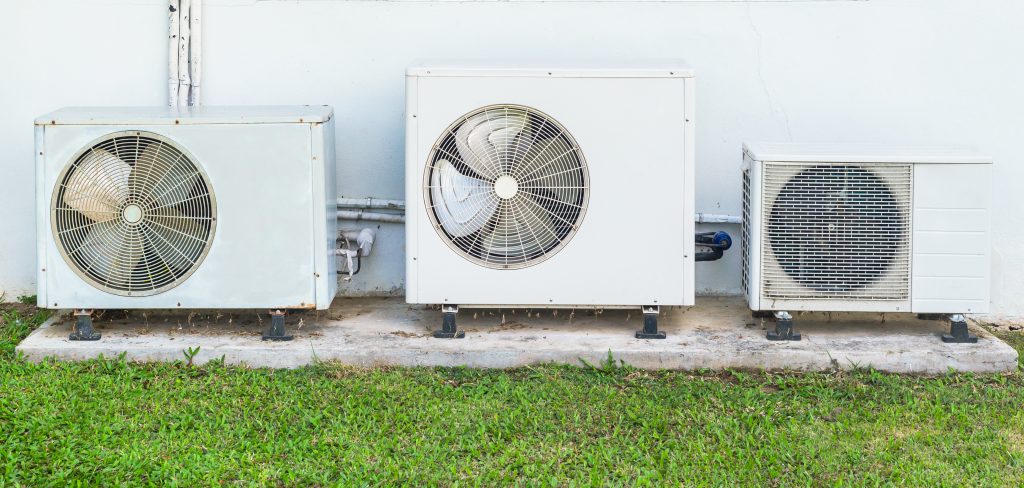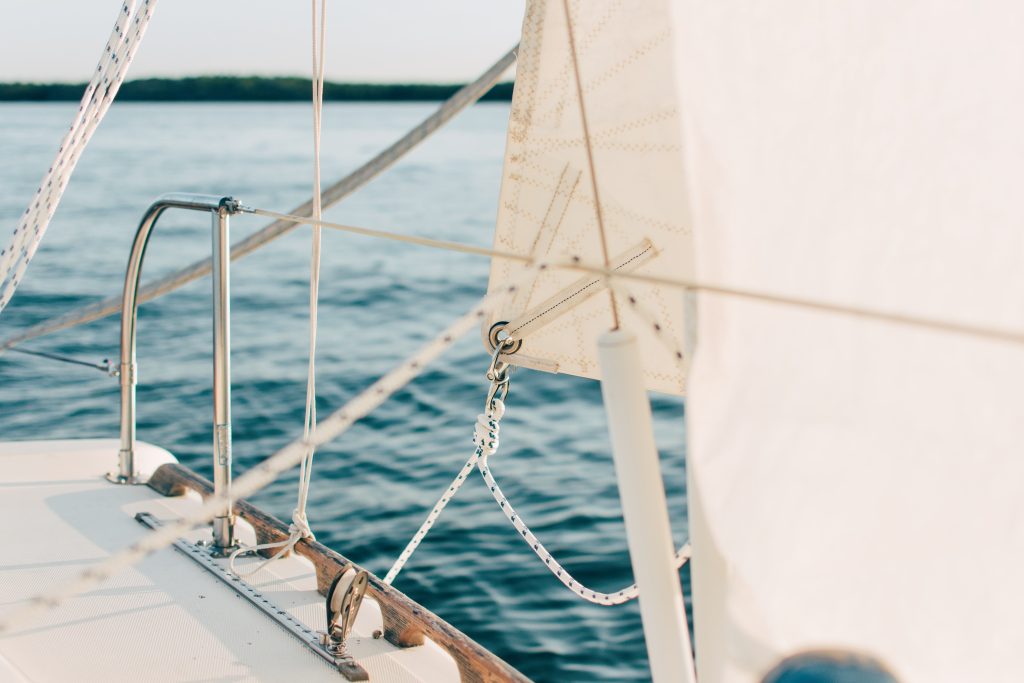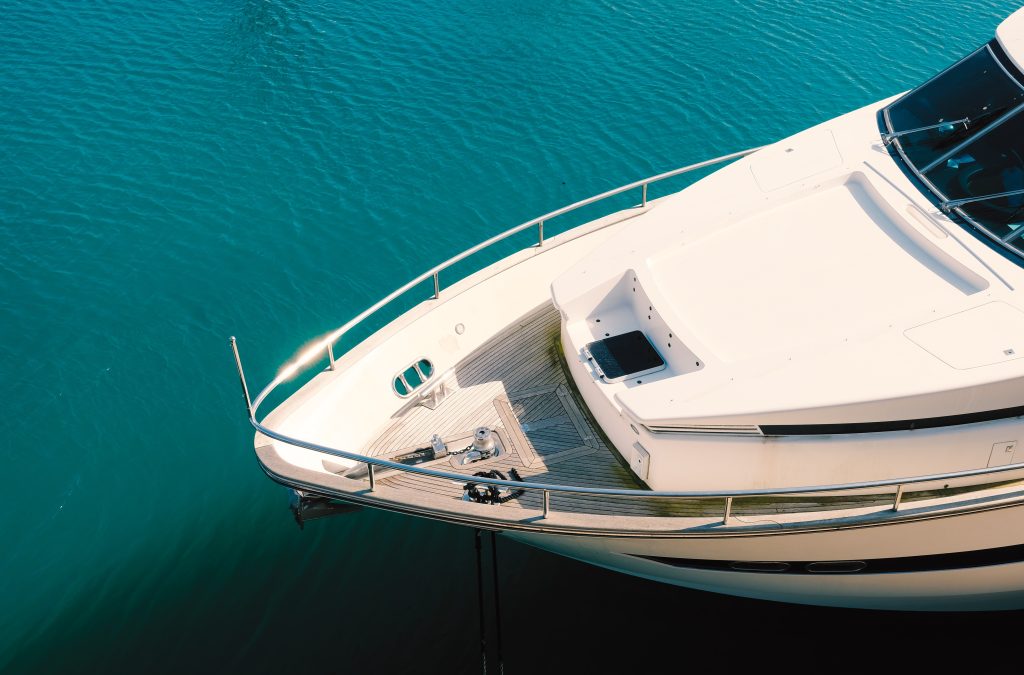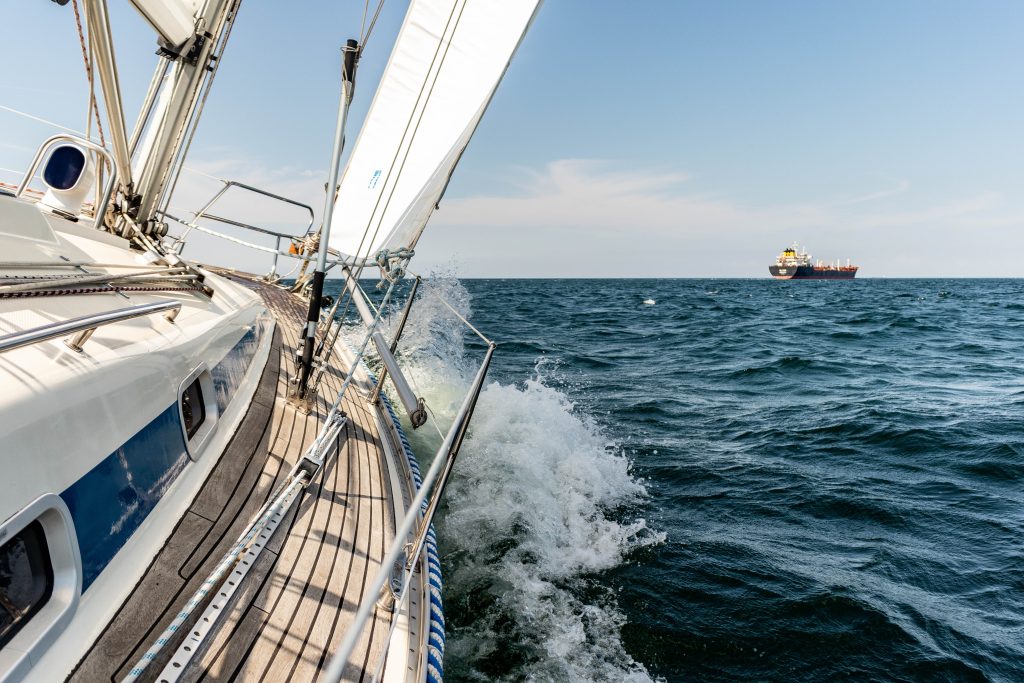
Getting pulled over by law enforcement can be a stressful experience. It’s important to be prepared and have the necessary documents readily available to ensure the process goes smoothly. We will delve into the essential documents you should carry when you get pulled over, so that you can be prepared. From driver’s licenses to proof of insurance and beyond, we’ll provide you with detailed information to help you navigate these situations with confidence and ease.
Why is it Important to Have the Right Documents?

There are several reasons why you want to have the correct documents ready when you get pulled over. The topo two reasons include:
Legal Compliance and Avoiding Penalties
One of the primary reasons it is important to have the right documents with you when you get pulled over is to ensure legal compliance. Driving without a valid driver’s license, vehicle registration, or proof of insurance can lead to serious penalties and fines. By having these documents readily available, you can demonstrate that you are abiding by the law and fulfill the requirements set by your local jurisdiction.
Establishing Identity and Vehicle Ownership
Having the necessary documents on hand allows you to establish your identity as the driver and the ownership of the vehicle. Your driver’s license serves as a form of identification, verifying that you are legally authorized to operate a motor vehicle. Law enforcement relies on this information to ensure that the person driving matches the details on the license.
The Documents You Need
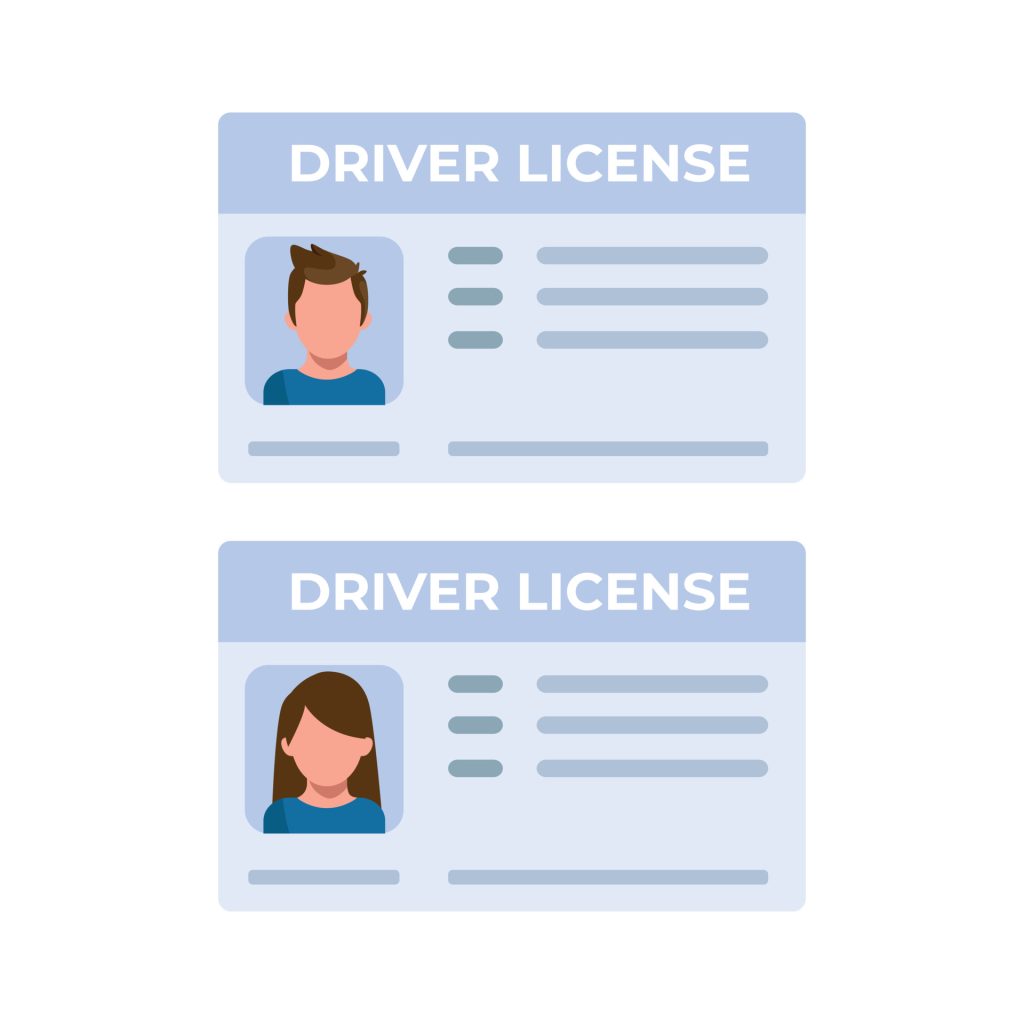
Driver’s License
Your driver’s license is the primary identification document that proves you are legally authorized to operate a motor vehicle. It’s essential to have a valid and unexpired license in your possession when you get pulled over. Each state has its own requirements regarding driver’s licenses, so it’s crucial to familiarize yourself with the specific regulations in your jurisdiction. Ensure that the information on your license, including your name, address, and date of birth, is accurate and up to date. If you’ve recently moved, remember to update your address on your license to avoid complications during a traffic stop.
Vehicle Registration
Vehicle registration is proof that your vehicle has been properly registered with the relevant authorities. When you get pulled over, law enforcement may request to see your vehicle registration documents. These documents typically include the vehicle identification number (VIN), license plate number, make, model, and owner’s information. It’s essential to keep a copy of your vehicle registration in your car at all times. Ensure that the registration is current and matches the vehicle you are driving. If you have recently purchased a vehicle, make sure to transfer the registration to your name.
Proof of Insurance

Valid auto insurance coverage is not only a legal requirement but also vital for your financial protection in the event of an accident. When pulled over, you will be asked to provide proof of insurance. Ensure you have an up-to-date insurance card or policy document that clearly states your coverage details. The insurance card should include the policy number, effective dates, and the name of the insured. It’s crucial to review your insurance policy regularly to ensure it meets the state’s minimum requirements and your personal needs.
Understanding Your Insurance Coverage
- Liability Insurance: This covers damages and injuries you may cause to others in an accident.
- Collision Insurance: This covers repairs to your vehicle if it’s damaged in a collision, regardless of fault.
- Comprehensive Insurance: This covers damages to your vehicle caused by incidents other than collisions, such as theft, vandalism, or natural disasters.
- Uninsured/Underinsured Motorist Coverage: This protects you if you’re involved in an accident with a driver who doesn’t have insurance or has inadequate coverage.
Additional Recommended Documents to Have on Hand
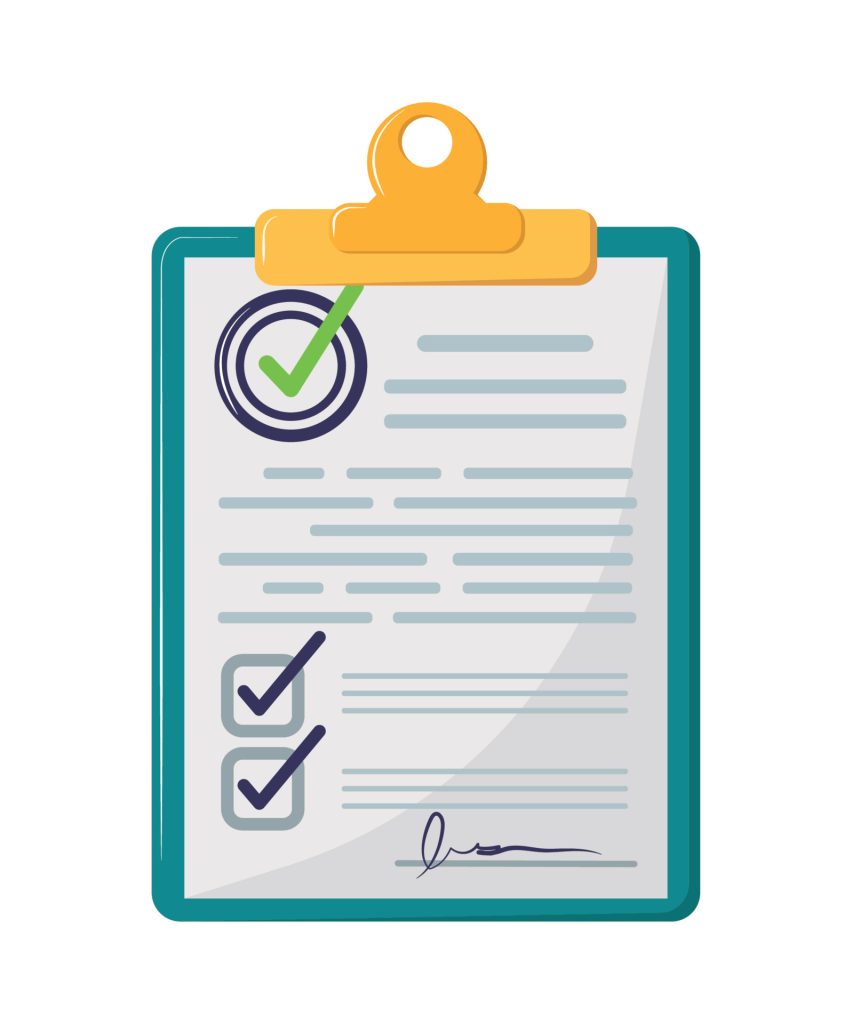
While not mandatory, having certain additional documents can be helpful during a traffic stop. These documents may include:
- Roadside Assistance Information: If you have a roadside assistance plan, keep the contact information readily available. It can be beneficial in case of breakdowns or emergencies.
- Medical Information: If you have any medical conditions that could affect your ability to communicate or follow instructions, it may be prudent to carry a medical ID card or relevant documentation. This can help law enforcement officers provide appropriate assistance if needed.
- Attorney’s Contact Information: Though not a requirement, having your attorney’s contact information on hand can be useful if you need legal advice or representation during a traffic stop.
Contact Sound Choice Insurance Today
Being prepared with the necessary documents when you get pulled over is crucial for a smooth interaction with law enforcement. Make sure you have your driver’s license, vehicle registration, proof of insurance, and any other required documents specific to your location. Understanding the legal requirements and keeping your documents up to date will help you navigate these situations confidently and avoid potential legal issues.
For all your auto insurance needs, trust Sound Choice Insurance near Morehead City, North Carolina. Our dedicated team is here to provide you with personalized coverage that fits your needs – no matter what your unique situation is. Contact us today for a comprehensive insurance quote!

